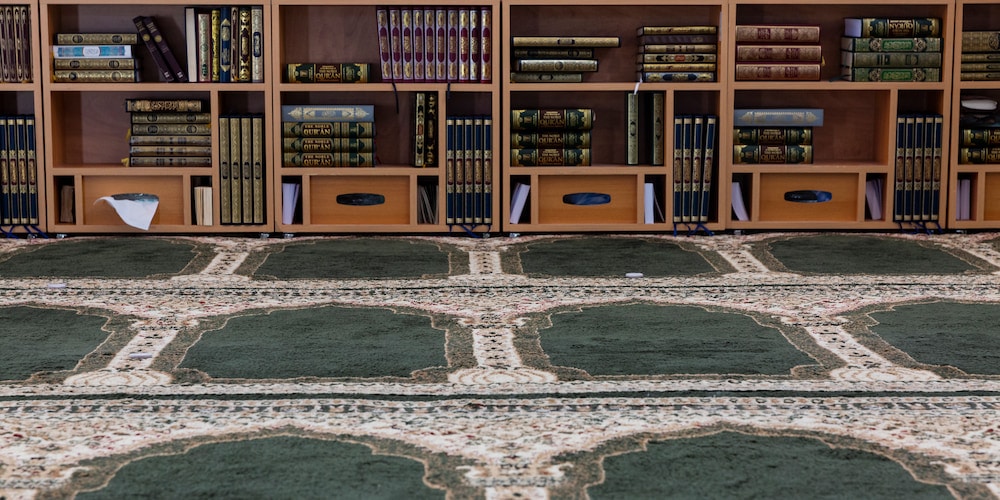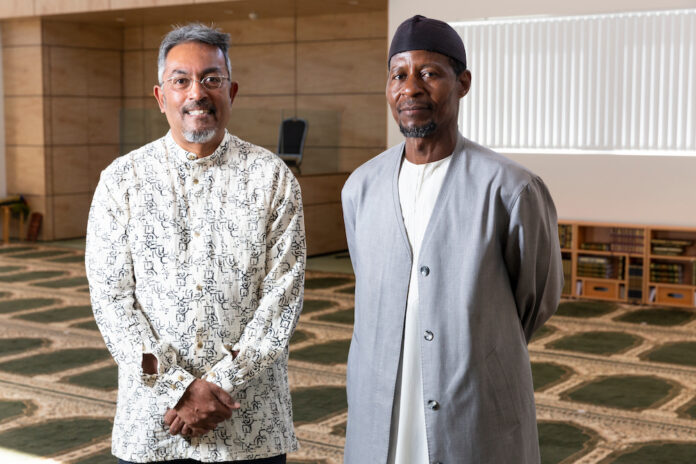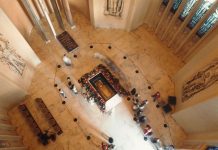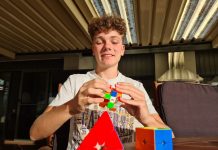Relaxed social distancing requirements will allow the Canberra Islamic Centre (CIC) community to come closer together for the month of Ramadan, which is set to begin after sighting the new moon this evening, 12 April.
Before COVID-19, the Centre in Monash hosted Iftar, the meal which breaks daily fast, every Saturday during Ramadan.
CIC president Shamsul Huda said each dinner was sponsored by a different group from within the CIC community, who catered for 1,200-strong crowds with food from their cultures – Bangladeshi, African, Mediterranean, Arab, Indonesian and Malaysian feasts.
The tradition began in 1998 and has grown in size and popularity year-on-year.
“It was to celebrate the diversity in our community,” Mr Huda said.
“We built on it, it was a community event, and that was quite successful – I think we used to have anywhere between 600 to 1,200 people depending on the occasion.”

But communal Iftar was not possible in 2020 and, for the first time, the CIC community were forbidden from praying shoulder-to-shoulder in Sabah al Ahmed Masjid, their mosque.
CIC Imam Adam Konda said he came to the mosque alone last year and spoke to his community through Zoom.
Today, he’s looking forward to being able to speak to his community face-to-face, look them in the eye, and see worshippers pray side-by-side.
“When I look at the audience, just looking at them inspires what I say; when I look at people and talk, I don’t need any paper,” he said.
“But when I’m sitting and talking to myself, I start to mumble.”
Although CIC leadership decided against hosting Iftar this year, due to continued risk of COVID-19, Mr Huda saw positive signs that things were slowly returning to “some level of normalcy”.
The mosque will be able to have larger crowds for prayer, and conduct Taraweeh prayers, which are longer sessions of prayers at the end of each day of Ramadan.
“We pray 20 additional rakahs, and it has got significance – massive significance,” Mr Huda said.
“We are pretty happy to say to our people that we can do it side-by-side like we used to do.”
Imam Konda said he saw the holy month as a training season, and he applied what he learned from COVID-19 to his religion.
“Ramadan is all about building character and living up to principles that never die.
“It is about disciplining our desire and thinking for the other person.”
Since COVID-19 entered the world, he learned to sanitise his hands and keep distance from people he loved to protect them.
“Ramadan is the same but spiritually; sanitise your heart, learn how to love, learn how to kill racism, kill the idea of ‘I am better’, live for other people.”
Imam Konda said fasting was about self-control and reflection.
“I fast not to punish me but to discipline me, so I know the value of food when it’s not there.”
Islam is the most prominent non-Christian religion in Australia, with over 600,000 Muslims recorded in the most recent census (2016).
“Ramadan is all about learning how to become a human being,” Imam Konda said.
“It is about being the human being God intended when He created you.”
For more news:









